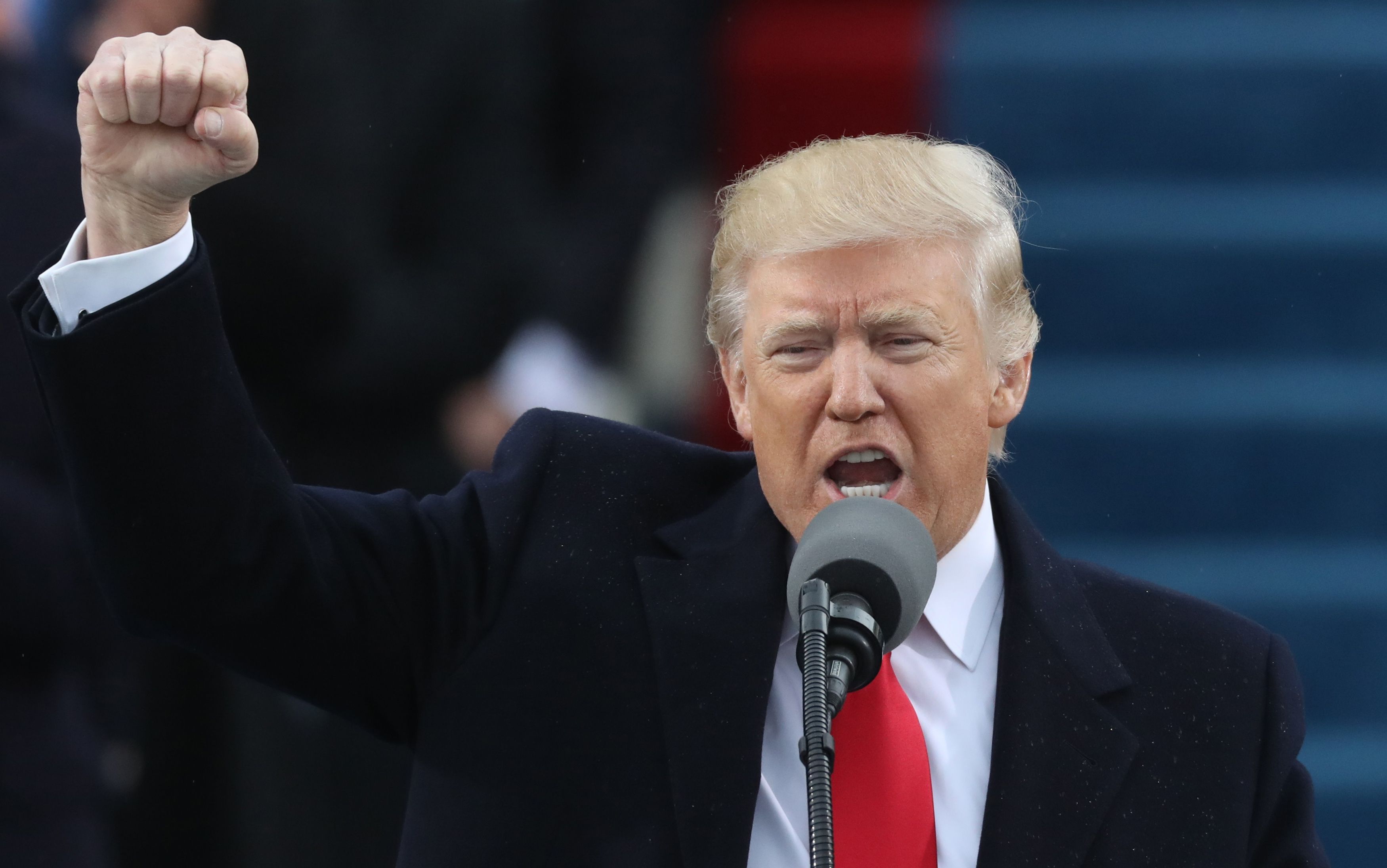Some say Donald Trump is a clear favorite for re-election next year, while others insist that unless the Democrats nominate Leon Trotsky to take him on, he'll probably lose. A new CNN poll released this week found that 54% of respondents say Trump will win a second term.
There's persuasive evidence on both sides of this debate. Consider…
Trump will win, because…
- …incumbency is a big advantage in US presidential elections. Only twice in the past 87 years (1980 and 1992) has a president lost his bid for re-election. (Note: you can't count Gerald Ford in 1976. He was never elected president in the first place.)
- …the US economy is riding high. No president seeking re-election in the past 100 years has lost unless the US economy was in recession two years before the vote.
- …the data is on his side. Combine the incumbency advantage with a strong economy, and you can see why a number of respected mathematical models are predicting a Trump victory.
Trump will lose because…
- …with a president as broadly unpopular as he is, the normal rules don't apply. He's the first president in the era of modern polling who has never enjoyed an aggregate approval rating of at least 50%.
- ...he's the least popular president of the past 38 years. On Day 867 of his presidency (Wednesday), Trump's aggregate approval rating was 41.9%. Compare that with 72.8% for George HW Bush, 62.2% for George W. Bush, 49.3% for Bill Clinton, 48.2% for Barack Obama, and 45.4% for Ronald Reagan.
- …he's unpopular where it matters. It's the "swing states," not the national vote, that decide who wins the White House. In new polls released this week, Trump's net approval ratings (approval minus disapproval) were 0 in Florida, -4 in North Carolina, -4 in Ohio, -6 in Arizona, -7 in Pennsylvania, -12 in Iowa, -12 in Michigan, and -13 in Wisconsin. In 2016, Trump won all those states.
- His base isn't big enough by itself to lift him to victory, while swing voters are losing faith in him. In the 2018 midterm elections, Democrats won nationally by a 7-point margin – and a recent study suggests that nearly 90 percent of the national margin of victory for Democrats in those midterms came from voters who chose Trump in 2016 and then switched to Democrats two years later.
What neither side knows…
The election is still 17 months away, an eternity in today's politics. We don't know who the Democrats will nominate to run against him (Trotsky isn't available) or how independent and third-party candidates might impact the race, particularly in important individual states. We don't know what the US economy will look like—though there are early signs of pessimism--or whether an international crisis might change the US political temperature.
Buckle up: This will be a presidential race unlike any other. And the first debate among the (very many) Democratic candidates is just three weeks away.